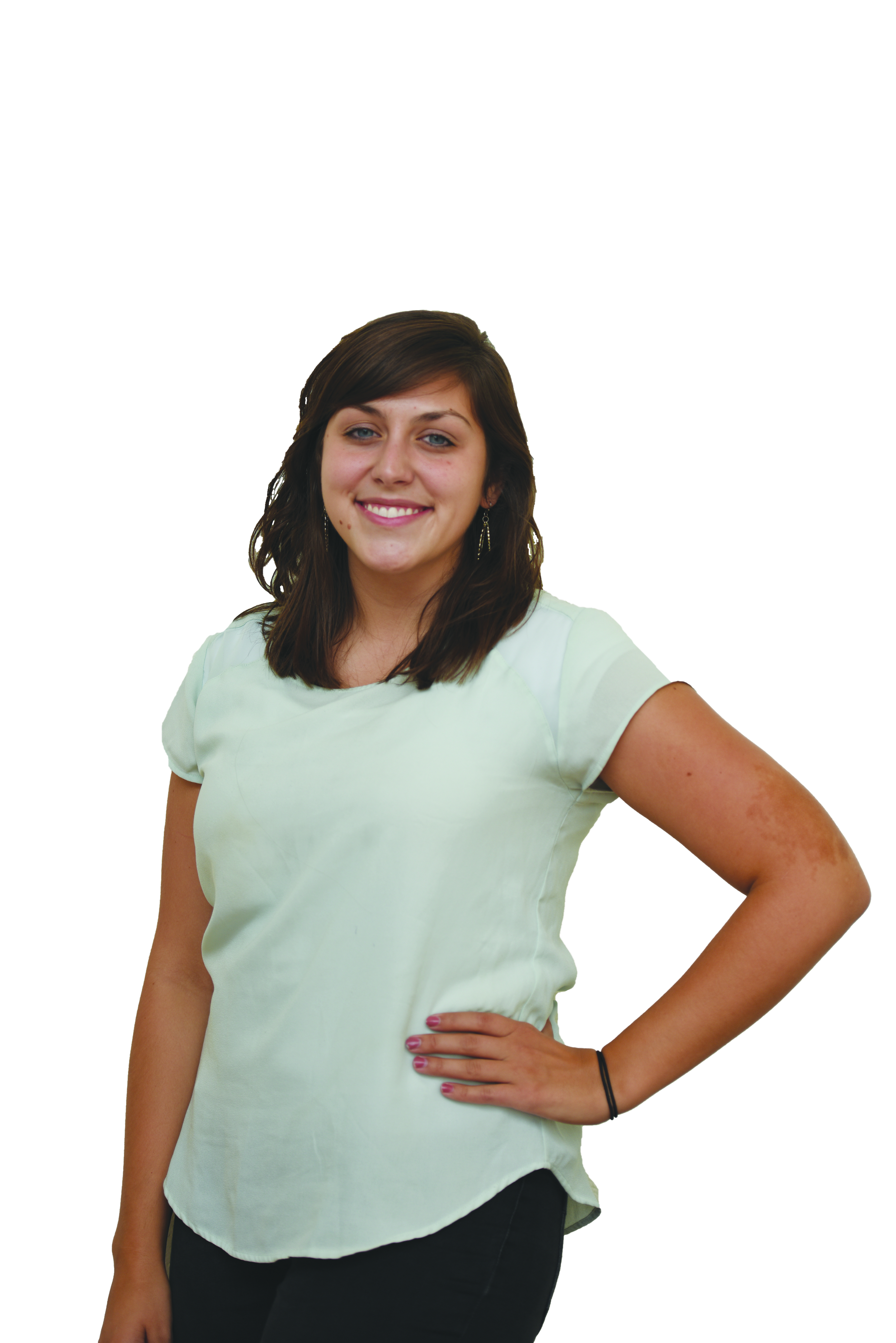Soapbox: Life shouldn’t go according to your plan
This past weekend, I attended a conference with an organization called Affirmation, which is basically a group of people who identify as LGBT and allies who are or have been associated with the Mormon church. There were more than 400 people who were registered for the conference, and there are more than that who would have liked to go.
Speakers varied from the star of the documentary “Transmormon” to the only Mormon man in the broadway musical, “The Book of Mormon,” to BYU professor Bill Bradshaw and his wife, Marjorie, to the couple whose proposal in Home Depot has nearly 12.4 million hits on Youtube. We participated in breakout sessions with affinity groups containing confused parents asking where “the plan” was for their LGBT son or daughter. We heard TED talks from a man who works with suicide prevention and a happy man in a mixed-orientation marriage.
I have not always been an ally. I remember feeling ashamed when my eighth grade boyfriend came out as gay a month after he gave me my first kiss. I told him I cared about people who were gay but didn’t believe in the choice they made to act on the attractions they had. I told him acting on it was a sin. (Sound familiar?)
My oldest brother has always been someone I looked up to. He’s one of the most inclusive people I know, and growing up, I wanted to be just like him. Everyone loved my brother. When he was in high school, all the moms wanted him to take their daughters to prom because he was such a good guy. I remember him telling me the most important thing you can do for people is be a good example.
Time passed, and he faithfully continued in his role as a golden boy. But then things got weird. He withdrew significantly from our family after he returned from serving as a missionary for the LDS church. I remember listening to the song “Where’d you go?” by Fort Minor and feeling like it was about him.
He came out to different members of our family over a couple of years, finally getting around to telling me when I was a junior in high school. I cried, but my first thought wasn’t about how awful he was or about how people would react. My first thought was about how much it would suck to not be able to tell anyone about crushes you’ve had on people. Other concerns came later, but I’ve addressed them. So have my parents. So have a lot of people we talk with.
In retrospect, it’s annoying to me that I waited to expand and change my views until someone in my own family came out. It took someone close to me to help me realize sexual preference is not a choice. But it’s also just one part of a complete person.
I am many things. I’m female. I’m Mormon. I’m a Hoosier. I’m an LGBT ally. I’m the editor-in-chief. Generally speaking, I don’t like being defined by a single characteristic because of the stereotype that goes along with each of those, though I understand in some cases it’s necessary.
We live in a country where citizens pride themselves on the ability to blend cultures and exercise freedom. Many of us profess to love diversity, but actually carrying that out is not as easy.
It’s uncomfortable to realize your thought process is imperfect or you’ve made an error in judgment. I’ve been there, and I’m sure I’ll be there again. But understanding your reality is not reality for everyone else is healthy. No one’s life goes exactly according to the first draft of his or her life plan.
And regardless of your religious stance, I’m pretty sure you’ll find yourself in more trouble for judging too much than for loving too much.
This conference helped demonstrate to me the very real consequences of both judging too much and loving too much (if that is even a thing).
The rate of suicide and homelessness among youth in Utah is significantly higher than the national average, many of those identifying as LGBT. Another statistic discussed was that the divorce rate among LDS people in mixed-orientation marriages is 85 percent among returned missionaries and 95 percent among those who never served a mission. The quality of life of someone in a mixed-orientation marriage or living a celibate lifestyle is comparable to someone living with lupus or PTSD. Some people who are in these situations feel satisfied, but they are few and far-between.
On the other hand, a supportive family can make a huge difference to someone who identifies as LGBT. The risk of suicide is significantly reduced when a family is willing to love the person through every challenge. A supportive family also creates greater awareness among their associates.
Maybe you’ve never heard this stuff before, but now you have. So for those future parents who are reading this, please understand that by having a baby, you ought to commit to loving him or her unconditionally. As a parent you should be ready to gratefully accept whatever little person comes to you and be ready to support him or her in every way possible.
I still believe in being a good example, but the objective has shifted. I don’t want people to try and copy everything I do. Rather, I want to live my life in a happy way and be true to what I feel is right. I want other people to be true to who they are and do what they feel is right. I don’t have to be better than other people. I now realize I couldn’t if I tried. I want to live a genuine life of kindness and feel validated by those who surround me. And I want to do the same for everyone else.
— Mariah Noble is the editor-in-chief of The Utah Statesman. She is a senior studying journalism, Spanish and multimedia, planning to graduate in May 2015. Please send comments to statesman@aggiemail.usu.edu.


